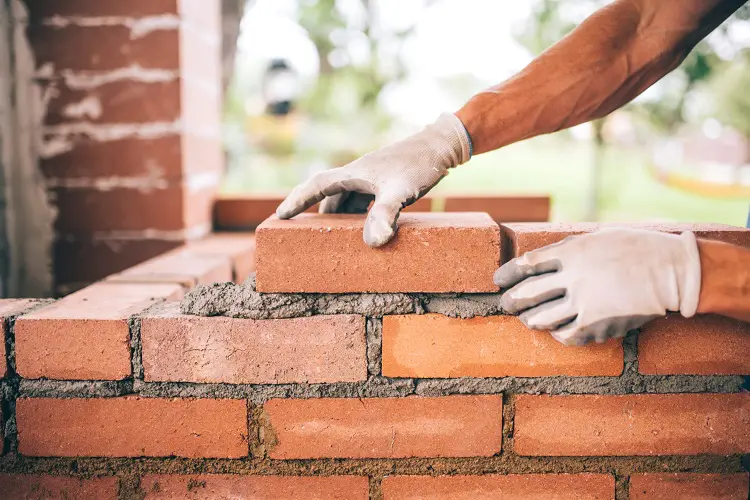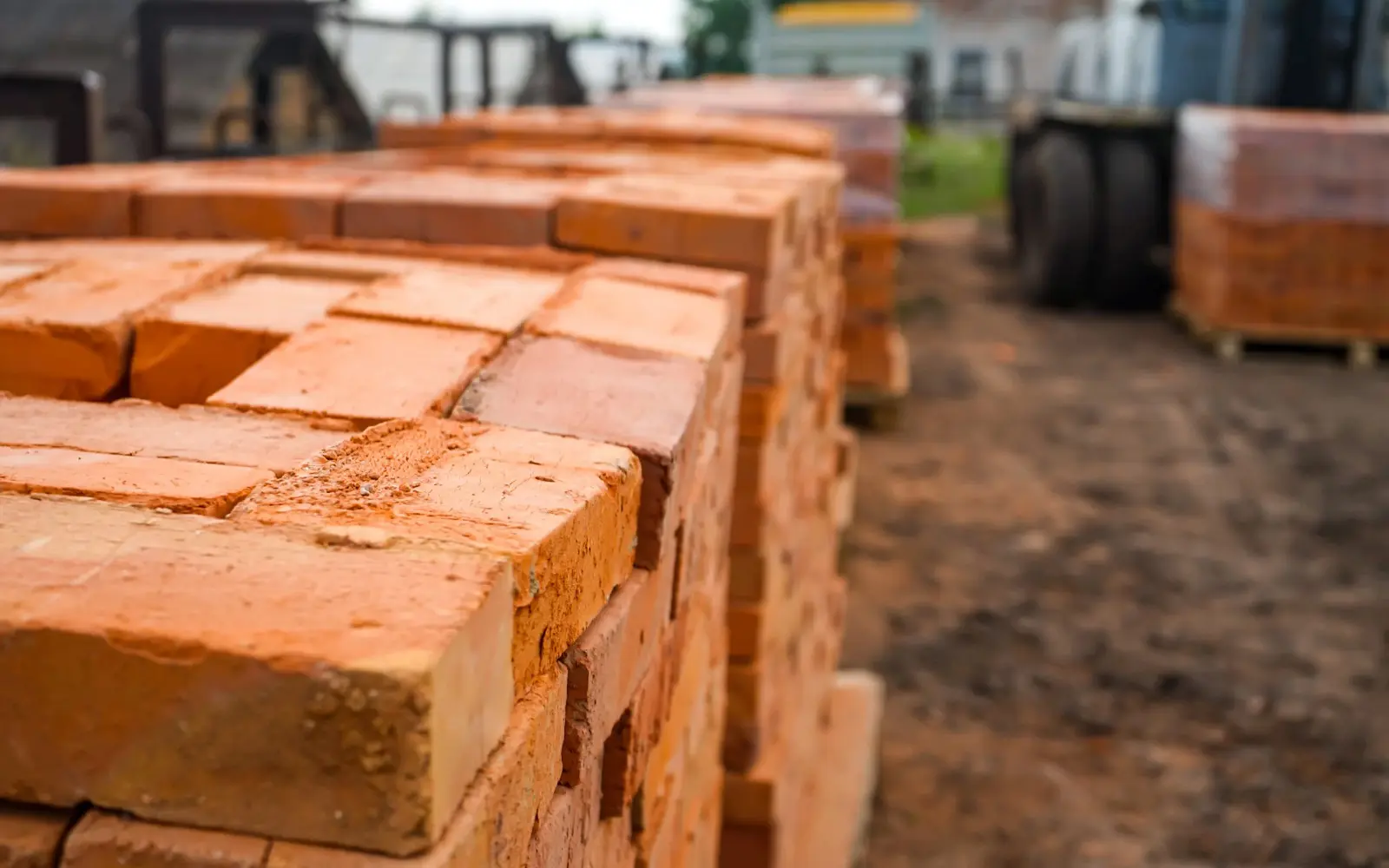Have you ever noticed brick walls of various shapes and sizes? You can find them around buildings, houses, and other residences.
Bricks can even be used to build a house! Have you ever wondered how much each brick makes up a wall or structure weighs? Are they heavy enough to perform such an important and complex function?
What if you are wrong? Do you want to know how much a brick weighs? If so, this blog article is for you! Here we will discuss the weight difference between different brick types and what affects it.
We’ll answer all your questions about a single brick’s weight. That way, you can be sure of the quality of your future construction.
So, read on to learn more about how much a brick weighs! Then you can build your unique brick project. And with our knowledge, it will become durable and reliable.
Standard Brick Sizes and Their Weights
The National Concrete Masonry Association (NCMA) dictates the brick size and weight. It is this association that raises particular concerns.
It requires the following in a masonry block building:
- Strength;
- Durability;
- And, of course, safety.
It means you know how much a brick weighs; you can find out from the NCMA. If you buy bricks from trusted manufacturers, you have a guarantee.
You will be assured of a high-quality product and its optimal weight due to the strict standards this professional organization sets.
Bricks are divided into size categories based on their length and height. Its weight varies depending on the type of brick chosen.
Among the standard sizes and weights of bricks are:
- Modular brick (7 5/8″ x 2 3/4″) typically weighs between 4.3 and 4.5 lbs.
- King brick (7 5/8″ x 2 3/8″) usually weighs around 3 to 4 lbs.
- Queen brick (7 5/8″ x 2″1/4″) usually weighs 2.5 to 3 lbs.
- The standard brick (7 5/8″ x 2 1/8″) typically weighs between 2 and 2.25 lbs.
- A utility brick (7 5/8″ x 15/8″) typically weighs 1.5 to 2 lbs.
- Half a brick (3/4″ x 2 3/8″) usually weighs 1 to 1.25 lbs.
- Jumbo bricks (9″ x 3 5/8″) usually weigh around 8 to 9 lbs.
This standardized approach allows construction projects to expect different costs and transportation options.
Understanding how much a brick weighs and its size helps create an efficient process.
Are There Exceptions?

The NCMA sets the standard for the size and weight of each masonry block. But some exceptions can affect the question of how much a brick weighs.
For example, some bricks may be lighter because of the composition of the material. Or the difference in standard weight will be because they contain additional elements.
The other components in bricks can be, for example, insulation. Also, bricks with a larger surface area weigh less.
They are significantly lighter compared to full bricks of the same size. You can observe this difference due to the extra holes.
Also, mortar-filled blocks are heavier than clay blocks of the same size. All because they have a higher density.
Thus, you need to consider the type of brick you choose. Only then can you find out how much a brick weighs!
Why Does It Matter?

Why do you think it’s important to know how much a brick weighs and its standard size?
Knowing the standard size and weight is essential for any construction project.
It will help you calculate your materials accurately. Then you won’t make mistakes when building brick walls, foundations, etc.
You will know the size, depth, and so on. In the future, this will help you calculate how to drill the brick and put in additional supports.
Knowing how much a brick weighs is also essential for another important reason.
When determining how many bricks can fit in a truck or shipping container, you must consider the weight. All because it also affects the costs associated with the project.
Finally, understanding a single masonry unit’s estimated weight will help ensure installation safety. It is because the support structures can withstand the extra load.
FAQ
How much does a clay block weigh?
On average, a standard clay block weighs between 1 and 10 pounds, depending on size. But, there may be exceptions to the heavier or lighter side.
What affects the weight of a brick?
Brick weight is influenced by its size, composition, and extra features. Among the different characteristics are insulation or mortar-filled blocks.
Also, bricks with a larger surface area will be lighter than full bricks of the same size. All this is due to the extra holes.
Is there an industry standard for brick weight?
Yes! The National Concrete Masonry Association (NCMA) sets specific requirements. Among them are strength and durability. They dictate the size and weight of each masonry unit.
How can you measure the weight of bricks?
The easiest way to measure the weight of your chosen bricks is to use a digital scale. Put the brick on the scale and record the weight reading.
You can also use a spring scale to measure the weight of a single brick. It is considered a cheaper option.
Conclusion
When building, you must understand how much a brick weighs and its dimensions. And, of course, you have to do this before you start any project.
You will know that you are buying high-quality products thanks to the standardized dimensions. You are buying products that have been rigorously tested for safety and durability.
In addition, specific characteristics can affect the overall weight of a masonry unit. These may include insulation or mortar-filled blocks.
You better double-check the type of brick you choose before calculating the materials needed for your project.
So, the answer to the question “How much does a brick weigh?” depends on many factors.
But with this guide, you can determine what size and weight are best for your next building project!

